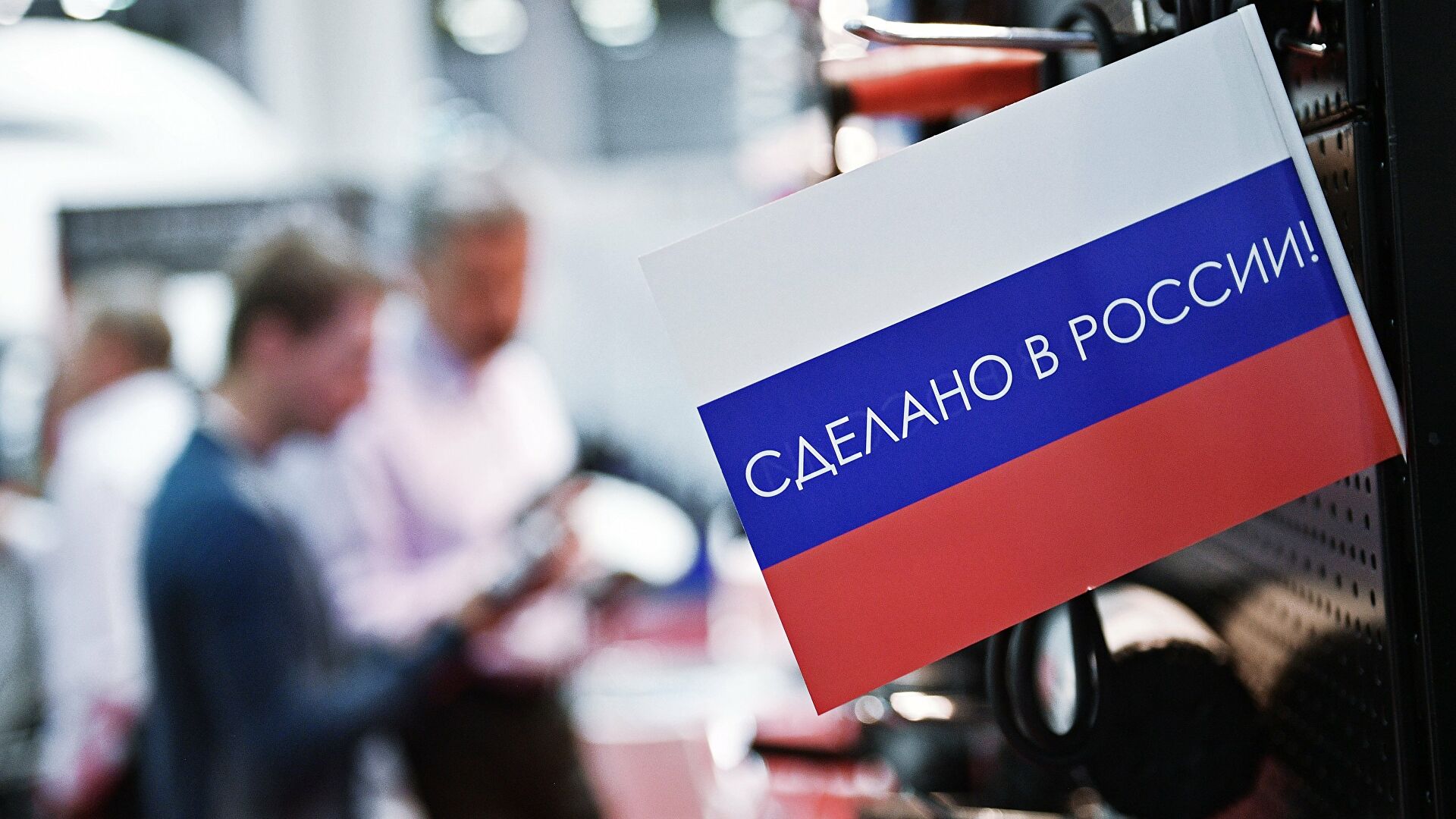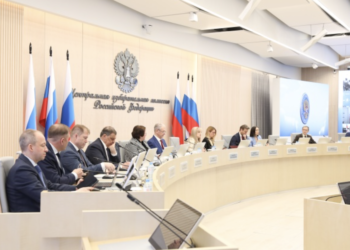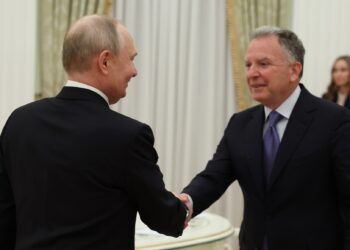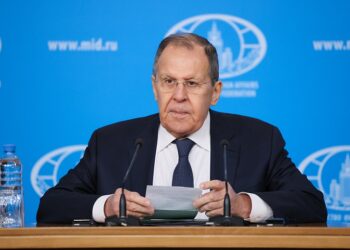MOSCOW (Realist English). The Government of the Russian Federation is fighting over the most important draft law, on which the survival and technological sovereignty of the country depends. We are witnessing a battle between a neoliberal tumor and supporters of a moderate Gosplan.
For the first time, attempts are made to turn the purchases of state-owned companies and corporations into a national channel. The draft amendments to 223-FZ were recently submitted for consideration by the State Duma Committee on Industry and Trade.
The fact is that now, within the framework of the 223 corporate procurement law, there is not a single regulatory act that would oblige the state joint-stock companies to purchase Russian equipment, machines, software, and use Russian technological processes. Even in the three largest state targeted projects, on which corporations earn superprofits at the expense of the state budget, the state has no legal right to demand the use of domestic products.
The bill attempts to introduce legally significant grounds for such requirements into the 223-FZ. And to tighten the procedure for state-owned companies to fulfill quotas for the purchase of industrial products of Russian origin. The size of such quotas and the list of products from last year is determined by the Government of the Russian Federation. However, quotas still remain voluntary for customers. There will be nothing for their non-fulfillment. No fines, no more serious disciplinary measures. Former Deputy Prime Minister Yuri Borisov did not have time to implement this part of the law (it was planned)
It follows from the text of the explanatory note that the existing mechanisms for supporting Russian manufacturers are ineffective: so, in order to fulfill obligations under “Russian” purchases, state-owned companies, in particular, use a price preference mechanism (it gives an advantage to domestic suppliers in comparison with applications from foreigners), and the origin of the goods is not confirmed, but only declared, which makes it possible to purchase imported goods under the guise of domestic and formally report on the fulfillment of quotas.
It is proposed to introduce into the law FZ-223 the obligation of the customer to conduct purchases based on their minimum share and the list of goods established by the government.
As of now, the initiative of the State Duma Committee on Industry has been approved by the Ministry of Justice and the Ministry of Industry and Trade. The Ministry of Finance is expected to oppose it. The FAS and the Ministry of Energy must respond by November 18.
The figures from the annual reports of state-owned companies and corporations, which they cite as proof of import substitution, raise more questions than joy. So, for example, last year an enchanting 83% was cited.
Since national quotas are voluntary anyway, what are the state monopolies so afraid of? How will they be held resposible for the Potemkin village?
Kommersant is scribbling telegrams saying that stricter rules can reduce the efficiency of corporations and even block production processes that will lose the supply of high-quality products. Anybody home!? What kind of blocks? So far, we are talking about not to lie about the implementation of national quotas in the first place. Do not pass off Chinese as Russian. From the truth, after all, the nobody’s conveyor will stop. Profanation of processes at all levels of management has already become a nationwide pathology.
The fact is that lying brings corporations not only smiles and PR success. Fake import substitution means benefits with multimillion–dollar subsidies from the state, and the opportunity to earn money in national projects. Therefore, someone wants to keep the system of parity silence and lies in its original convenient form.


















